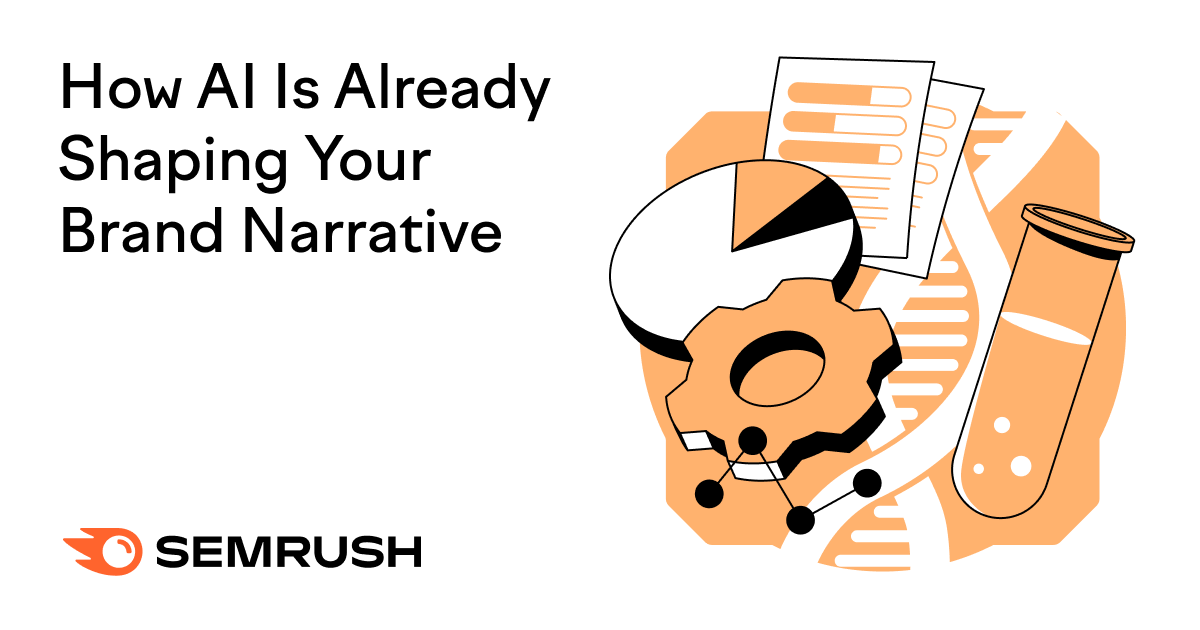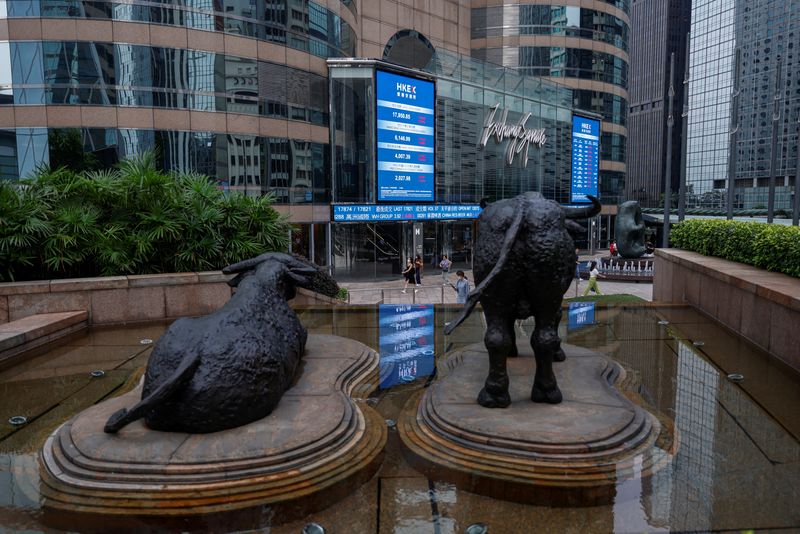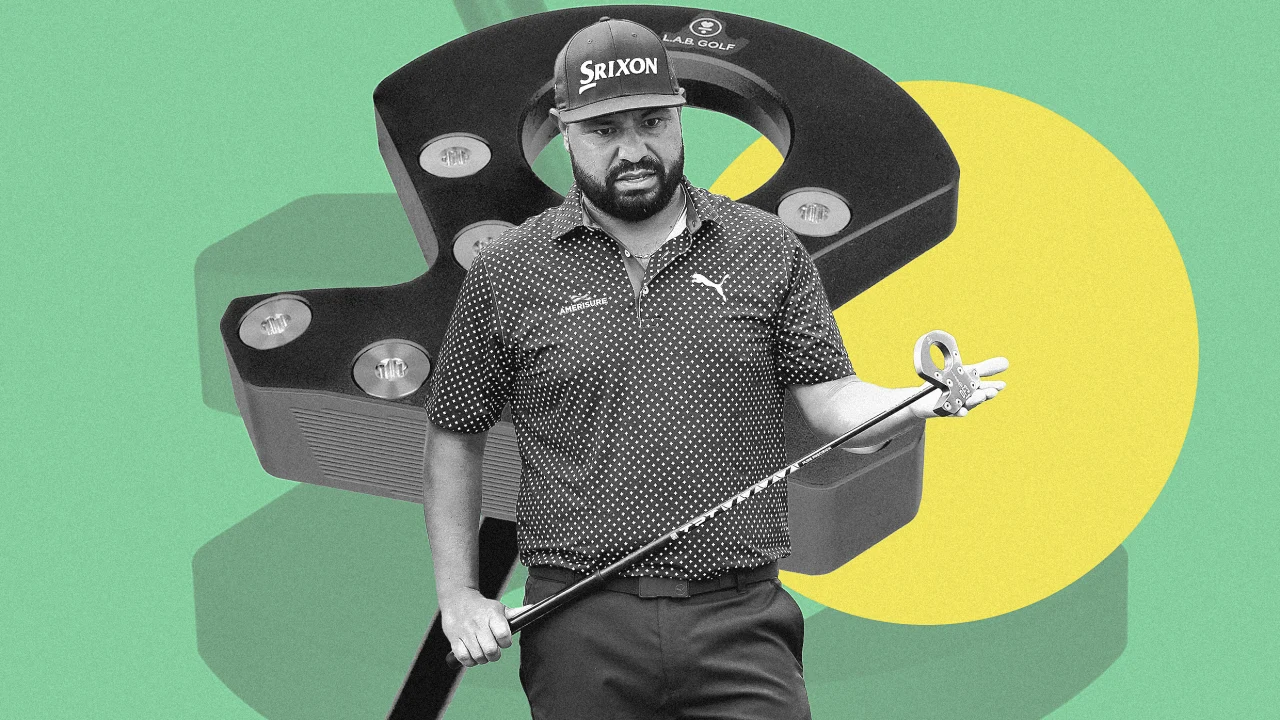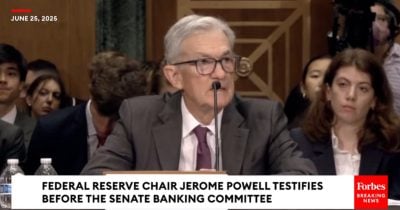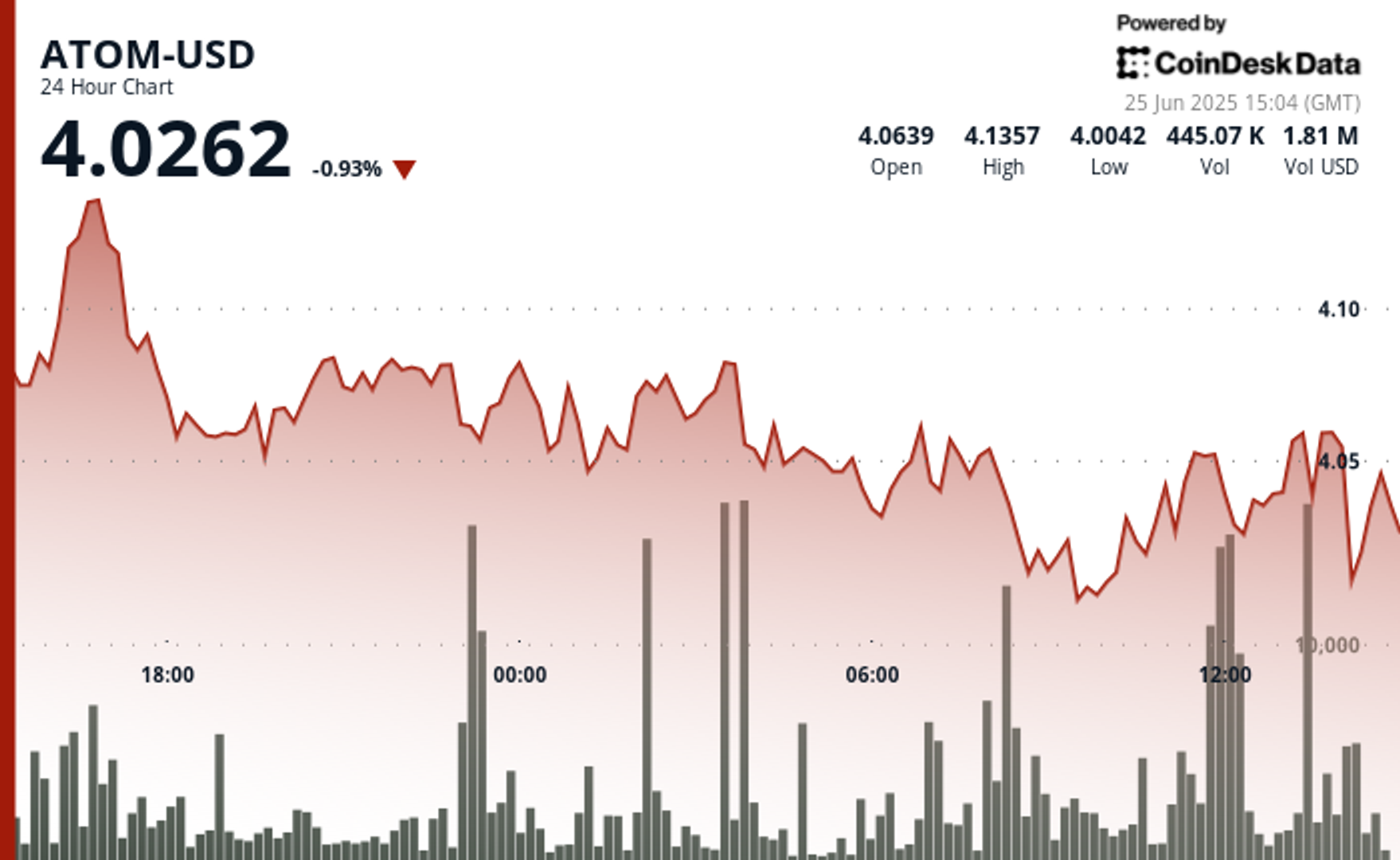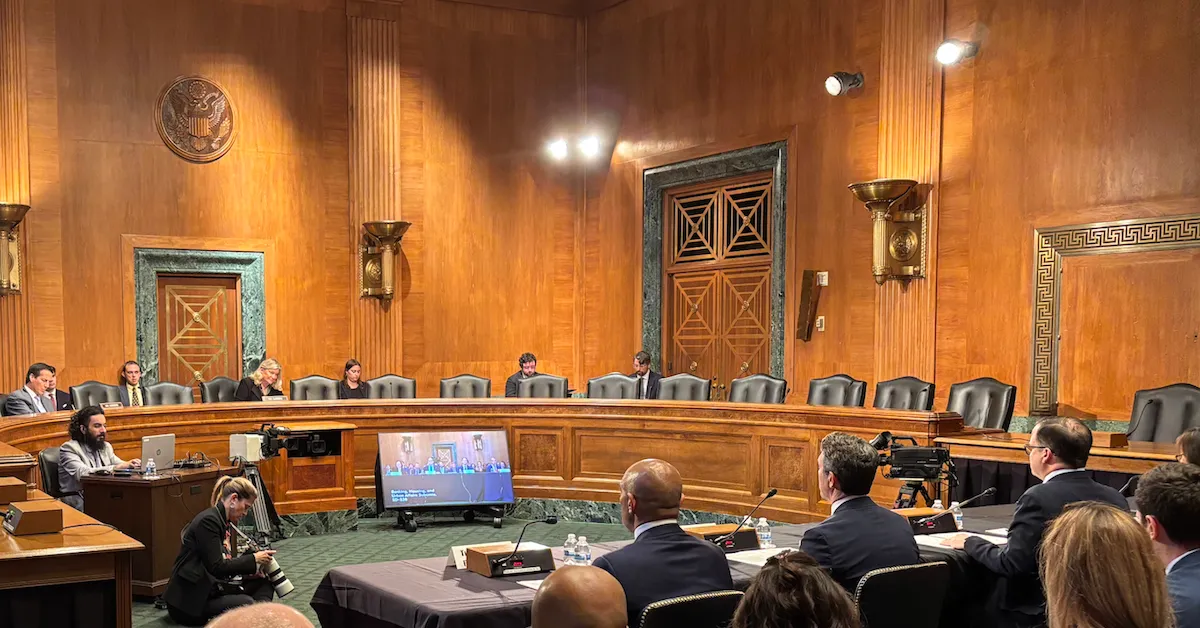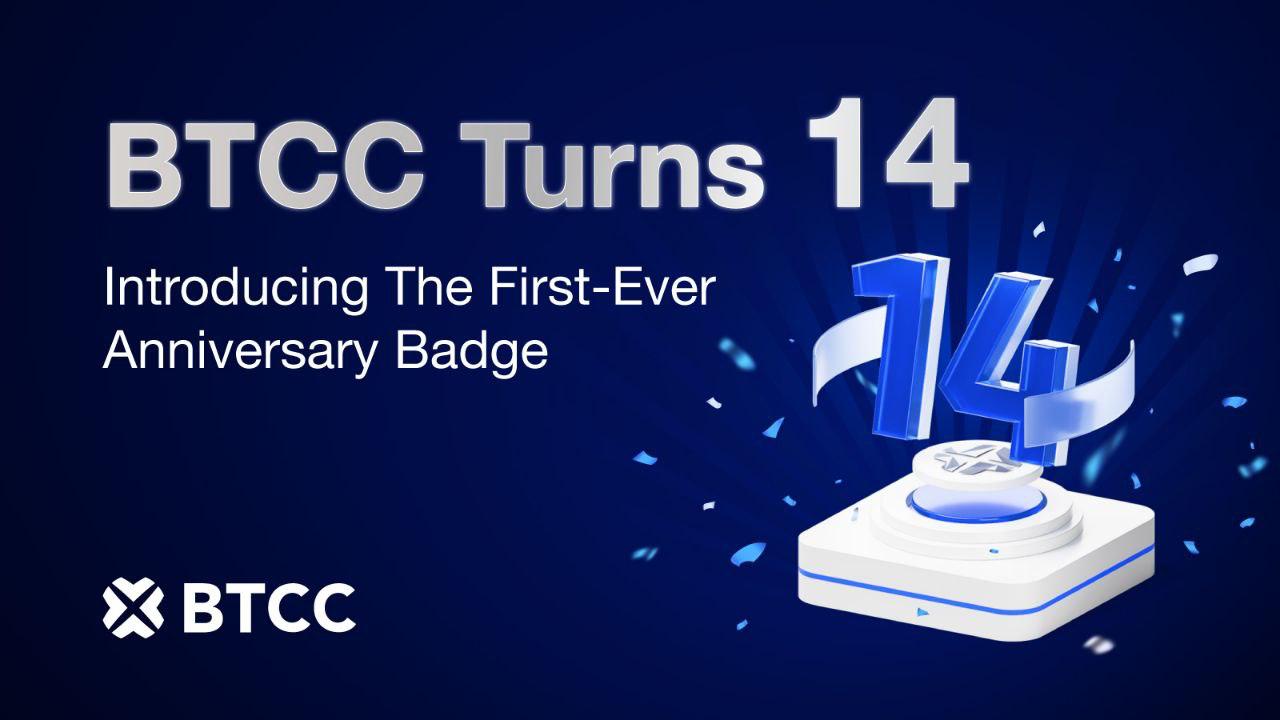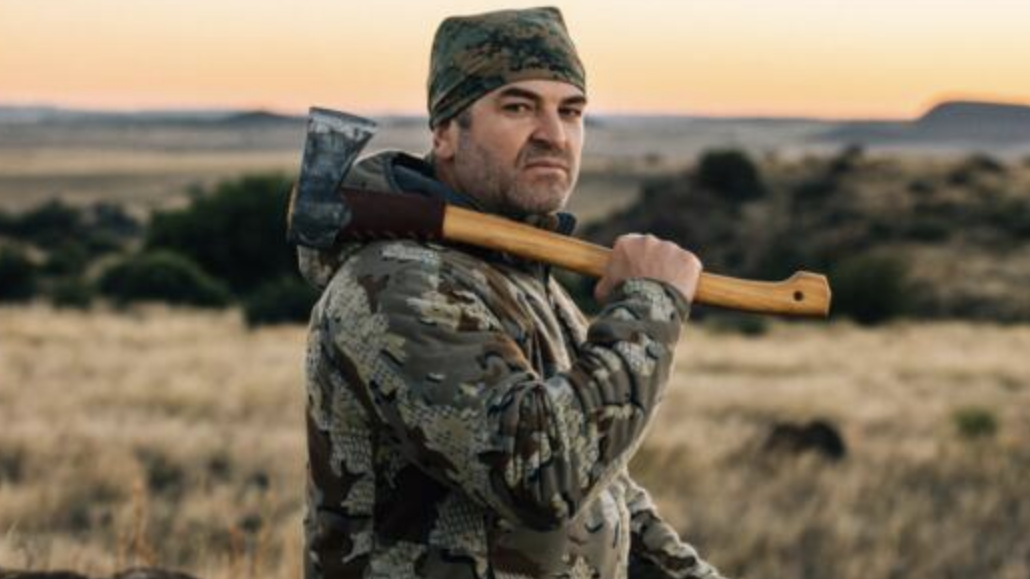Ken Griffin says if you can’t read a book about your profession it’s time to pick a new career
Citadel founder and CEO Ken Griffin told graduates there's no shame in switching careers if they're not truly interested in their fields.

- Ken Griffin, founder and CEO of Citadel, emphasizes that lifelong learning is essential for success, urging young people in particular to always keep expanding their knowledge and to be open to changing career paths if their current field no longer interests them. He recommends reading widely within your domain, highlights the value of diverse experiences for leadership, and specifically endorses “Good to Great” by Jim Collins as a must-read for understanding effective team-building and business management.
If you want to achieve billionaire Ken Griffin’s level of success, his message is clear: Never stop learning.
The founder and CEO of Citadel may have more than 30 years of experience in the finance industry, but even then, he said he still dedicates a portion of his time to developing his knowledge of the sector.
This was his key piece of advice to listeners of the S&P Global Ratings podcast in an episode that aired this week. Griffin encouraged viewers never to set down the “textbooks.”
Speaking alongside S&P Global’s CEO and president, Martina Cheung, Griffin explained: “You should read books that speak to the domain knowledge of the job you have.
“We hire endless numbers of really bright undergraduates, some of them have this belief that when you graduate from college, you’re done reading textbooks. Nothing could be further from the truth.
“It’s really important to always, always be immersing yourself in the literature—whether it’s published literature on the academic networks you can access through Google Scholar, I can’t tell you how many S&P books I’ve read over the years and how to think about credit risk because we’ve invested in credit for 35 years.”
The man worth more than $45 billion according to Forbes, said the goal should always be to have “current” knowledge in the body of work an individual is working in.
“And by the way, if it’s not interesting to you, you picked the wrong career. It’s that simple,” Griffin continued. “If you’re early on in your career and you find yourself not interested in reading the books about the domain you’re in, pick a new career.
“In America, in particular, that’s totally fine, like no one will judge you from going from one career to a radically different field throughout your 20s.”
Cheung echoed that she views careers less as ladders and more like rock climbing walls—areas where people may move sideways, up and down in order to progress.
This non-linear series of steps allowed her to build expertise and leadership experience across a breadth of teams, she added.
Griffin chimed that changing paths in your career isn’t only sensible for some, but useful for your end goal: “Maybe we can reframe it, it’s that the experiences that one needs to lead a global business are experiences you’re not likely to gather if you’re in one narrow vertical your whole career.
“So when you go abroad, when you switch to a different area you need to learn new skills, those are really important moments that you demonstrate to those who make decisions about who will be in leadership roles, that you have the agility and flexibility to take on new challenges and new problems.”
Griffin’s top read
Plenty of world leaders, business tycoons and tech titans share their top reads every year.
Whether it’s Bill Gates or Barack Obama, young people hoping to replicate the success of powerful people are in no short supply for a reading list.
But Griffin recommended just one book everyone should read: ‘Good to Great’ by Jim Collins.
“It’s a number of really important vignettes one must understand in running a business,” 56-year-old Griffin explained. “So, for example, one of the key parts of the book is around building your team … getting the right people on the bus, getting the wrong people off the bus, and once you’ve got the right people around you, you can take that bus anywhere.”
This story was originally featured on Fortune.com




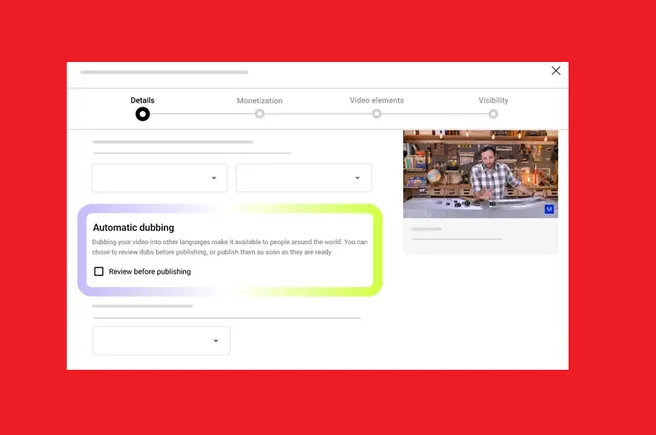

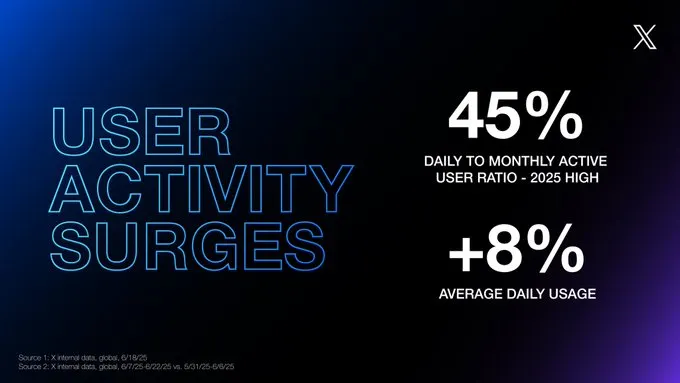




![What Is a Markup Language? [+ 7 Examples]](https://static.semrush.com/blog/uploads/media/82/c8/82c85ebca40c95d539cf4b766c9b98f8/markup-language-sm.png)
